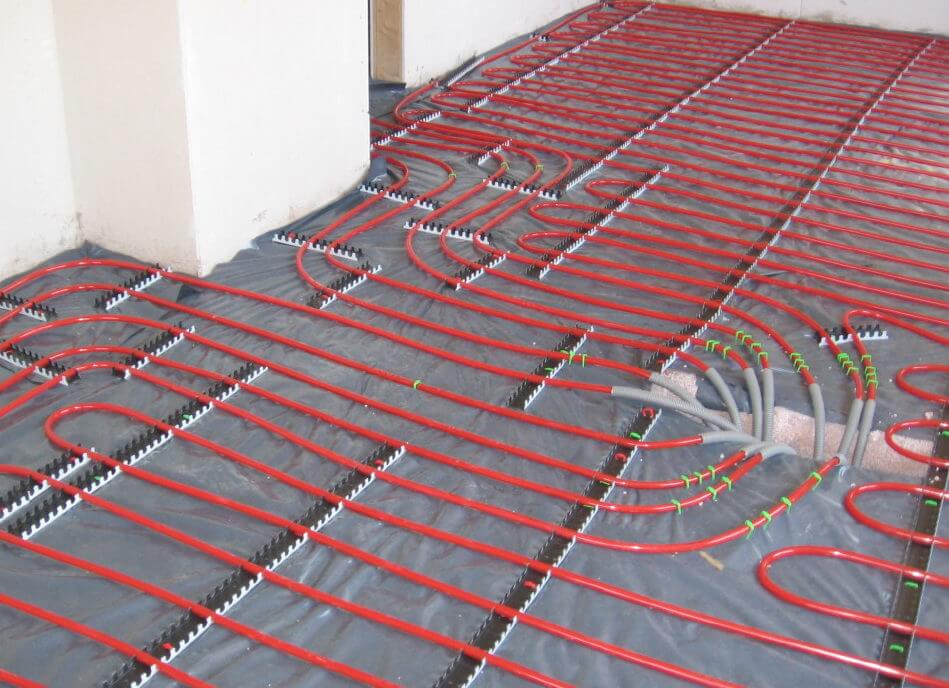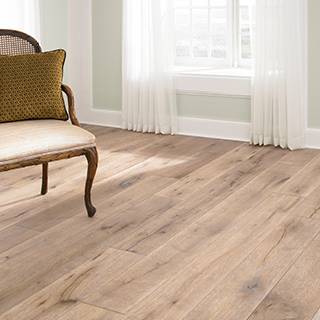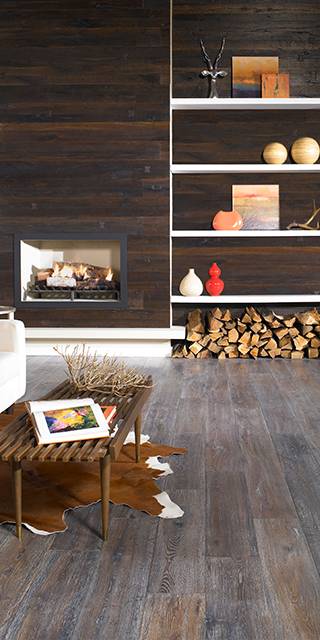How Does Radiant Heat Work in a House?
May 15, 2018
How does radiant heat work?
Radiant heat is used to heat a home from the ground up. Heating coils or water tubes are installed in the floor, walls or ceilings and they radiate heat to a room thus warming everything in it. Radiant heat works by the same process that allows an oven to heat up your entire kitchen. While heating coils do use electricity, the water in the tubes can be heated with a variety of fuels including gas- and wood-fired boilers.
Radiant Heat vs Forced Air Cost
The radiant heat vs forced air cost is one of the most important factors to consider when comparing the two types of heating. Installing a radiant heat system can lower the amount that a homeowner spends on heating by as much as 50 percent. One of the ways that it does this is by eliminating the loss of heat via the air ducts.
Forced air systems can lose a considerable amount of heat via the home’s ductwork. Not only do the ducts have small openings through which heat can be lost, they also often travel through cold attics and basements. Since radiant heat does not involve the use of ducts, losing heat through them is not an issue.
In addition, radiant heat eliminates the cost of lost heat due to stratification. Stratification results from the fact that warm air rises after it leaves the register and then cools before falling again. The falling cool air creates drafts among other problems.
Radiant Heat vs Baseboard Heat
Baseboard heating is yet another option that you may want to consider. When it comes to the radiant heat vs baseboard heating comparison, radiant heat wins again. Like forced air heating, baseboard heating is simply not as energy efficient. One of the issues with baseboard heating is that it involves heating large windows in a home during very cold spells. While this can have its advantages, it is also very expensive. There is also the fact that you will have to install multiple heaters if you have multiple windows.
Radiant Heat Efficiency
Is radiant heat efficient? According to Scientific American, radiant heat can allow occupants in a room to feel warmer at a lower temperature. It transmits heat with up to 15 percent greater efficiency.
While forced air continues to be a popular way to heat a home, radiant heat offers a number of attractive benefits. As a result, the installation of radiant heating continues to be a valuable home improvement.






